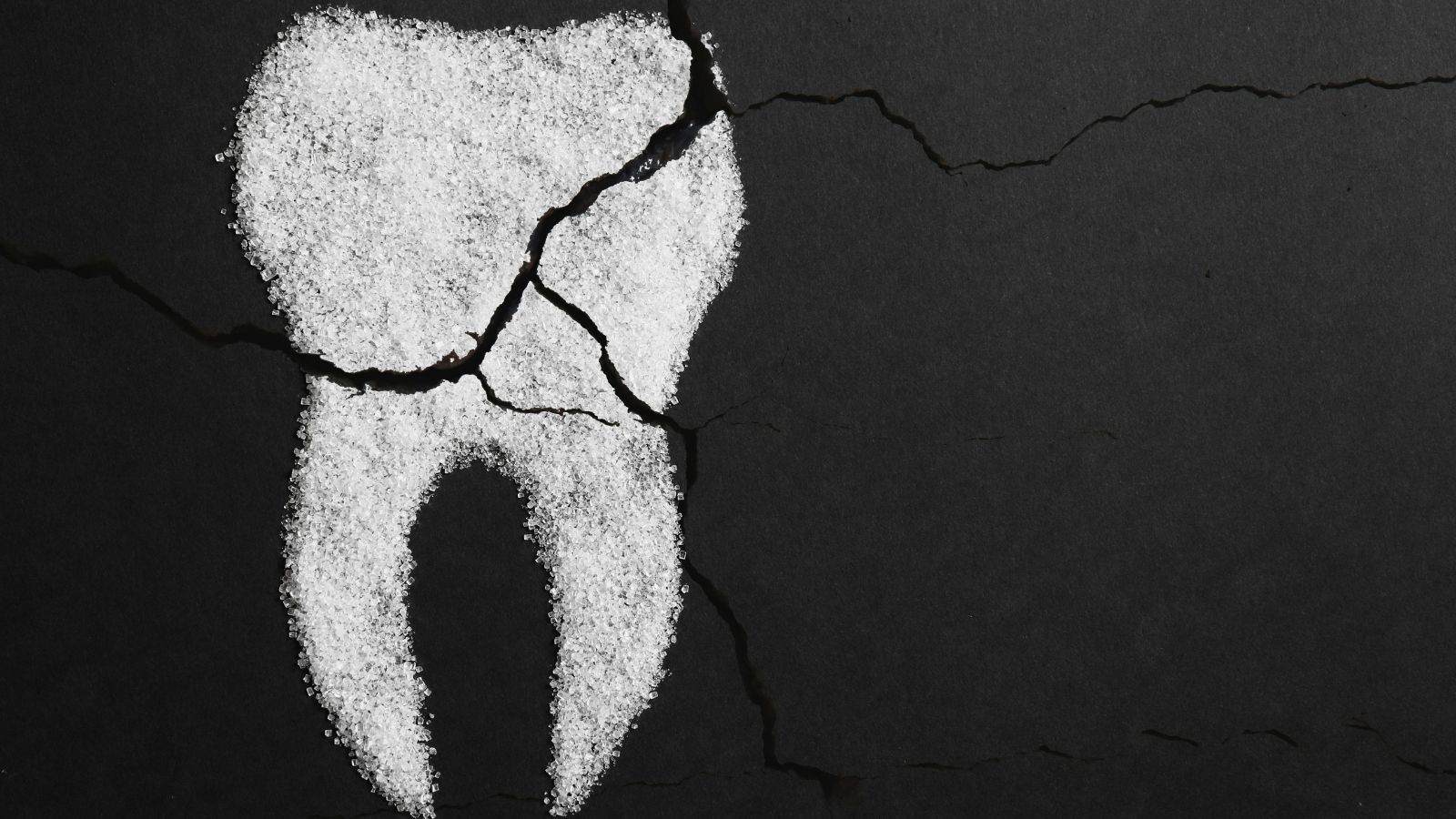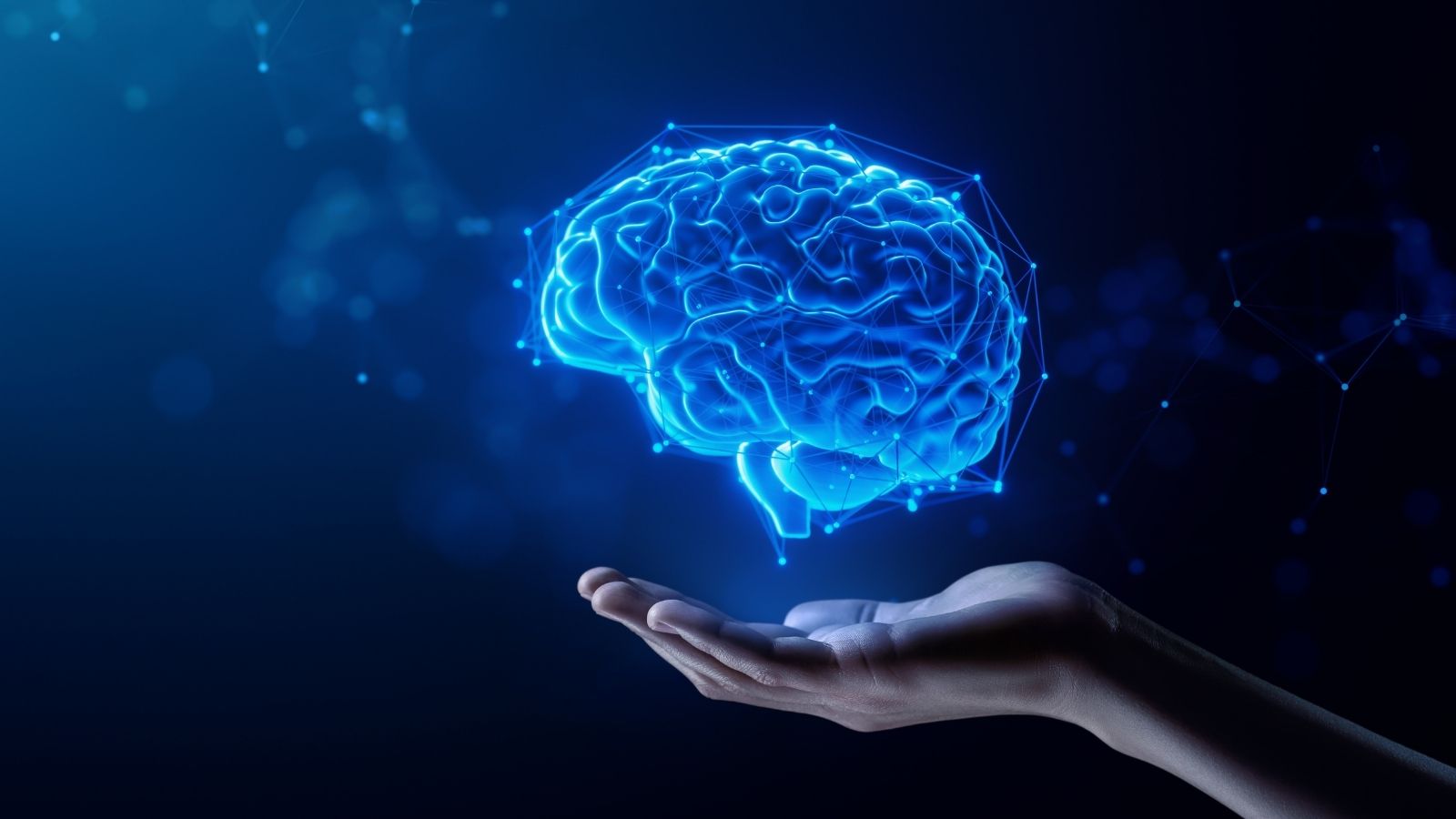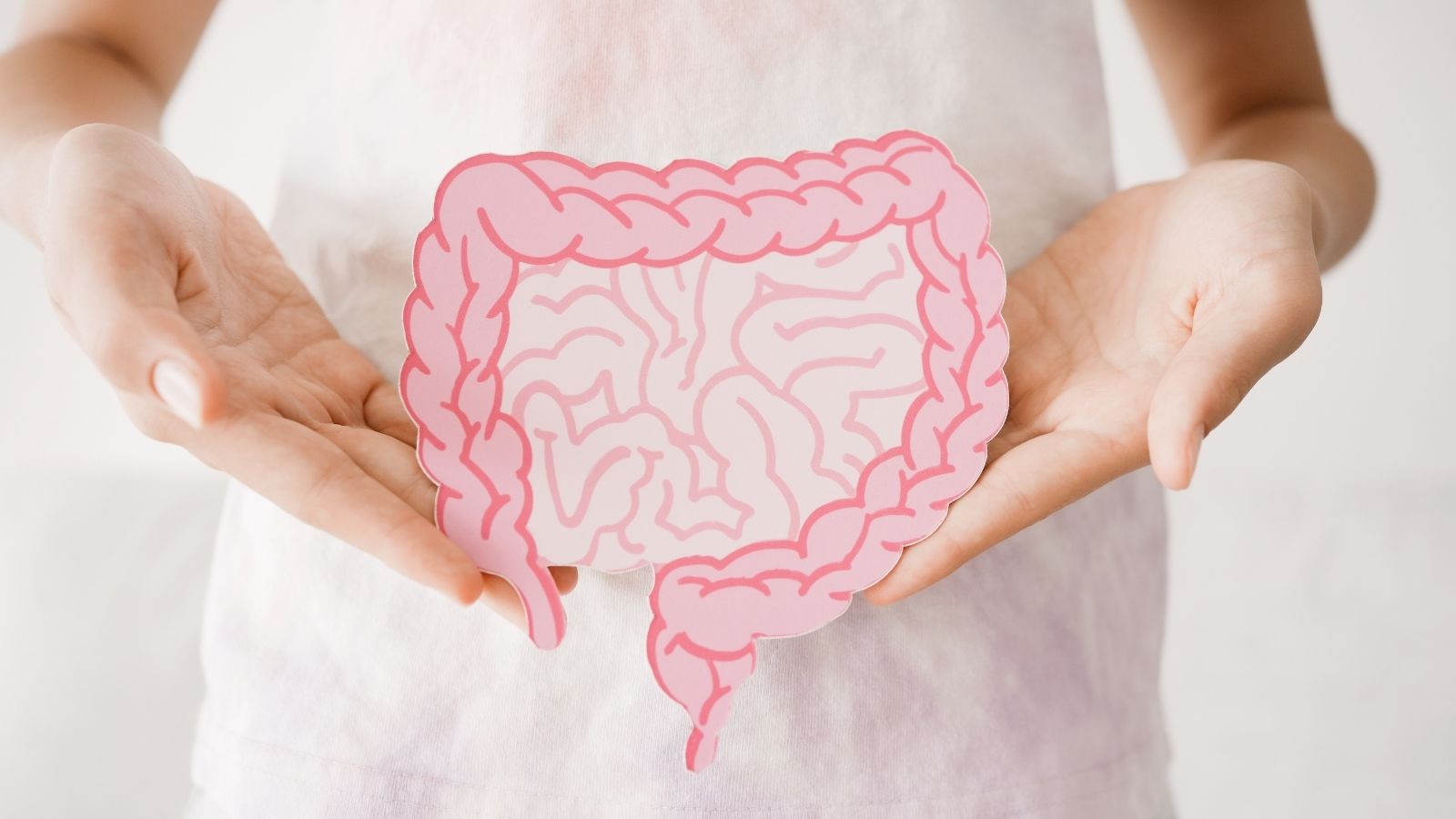Aging may be part of life, but it sometimes comes upon us faster than we expected. While lines, frowning, and gray hair may be the first signs of aging that come to your mind, showing age can be less conspicuous.
The better we are at recognizing these subtle symptoms, the more effectively we can slow down the aging process and preserve our youthful appearance. Here are 13 surprising signs you’re aging faster than you think.
Your Skin is Thinning and Bruising Easily

Unfortunately, our skin becomes less resilient and thinner over the process of aging due to loss in collagen and elastin production. If your skin bruises quickly and easily and shows a thinner, papery appearance, you may be experiencing oldness. Take care of your skin by moisturizing it, protecting it from the sun, and eating a food diet with antioxidants.
You’re Experiencing Hair Thinning or Hair Loss

Some hair loss is normal with age, but severe thinning or shedding can be a sign of premature aging. This may be attributed to hormonal fluctuations, stress, or inadequate diet requirements. If you can see these factors, it will help to slow down the amount of hair loss.
Your Teeth Are Becoming More Fragile

Sensitivity or chipped teeth — If your bones are weakening, then so is the bone that holds up those pearly whites. A common reason is the deficiency of calcium and other minerals that strengthen bones.
One of the ways to fight against this is with adequate calcium and vitamin D intake; regular dental checkups could help us identify these problems early.
You’re Noticing Changes in Your Vision

It is usual for our vision to change as we age. However, faster declines, such as a dangerous lack of night light sensitivity or having difficulty reading small print, can indicate you are aging more rapidly. Maintaining eye testing can help to monitor your vision and fix any problems before they get worse.
You Feel Stiffer Than Usual

If you find yourself moving with less flexibility or feeling even more stiff in your body, this might not just be the result of a hard workout. Connective tissues can lose their flexibility with age, which causes them to be tender, and the joints they stabilize are more likely to become painful or stiff. Regular activity and stretching can ensure that one maintains mobility and flexibility while minimizing stiffness.
Your Memory is Slipping

While everyone forgets things occasionally, if you notice your memory failing more frequently, it is a sign that you might be aging. Stress, lack of sleep, or poor nutrition can lead to memory loss. Brain-stimulating activities like working puzzles or reading and living a healthy lifestyle may also assist in keeping your mind sharp.
You’re Losing Muscle Mass

One of the natural signs of aging is loss or deterioration in muscle since we start to lose it as soon as our 20s. But if you notice a steep decline for no apparent reason (or any noticeable depletion in strength), that could indicate that your body may be free-falling through life faster than expected. Along that same vein, use it or lose it — regular weightlifting and a protein-rich diet can help prevent muscle wasting.
You’re Constantly Tired

Even when you sleep through the night, constant exhaustion could indicate your body is getting older faster than it should. What causes chronic fatigue is connected to many factors, such as bad diet, lack of exercise, or an underlying health condition. You must listen to your body and address the underlying cause of constant tiredness to prevent it from recurring.
Your Balance is Off

If you also tumble over frequently or slip and fall, this is the body reminding us that maybe things are wearing out quicker compared to what we want. The reason for your balance problem may be found in changes that occur with age and affect the signals to the brain coming from the inner ear, muscles, or even your blood pressure generated by the heart. Doing balance exercises, such as yoga or tai chi, can help improve steadiness and reduce the risk of falls.
You’re Experiencing Digestive Issues

With age, the working of our GI Tract gets slower, and we may face problems such as constipation, bloating, or indigestion. But if it’s happening more often or is getting worse, you might be aging faster than your years. A healthy, balanced diet, keeping yourself hydrated, and regular exercise will ensure your digestive system is kept in check.
Your Hearing is Declining

Generally, hearing loss is a typical sign of aging, but if you are young and this process happens earlier or faster, it may indicate that your body is aging too fast. Protect your hearing by avoiding loud noises, using ear protection, and having regular hearing check-ups.
You’re Gaining Weight More Easily

The metabolic rate tends to slow as a person ages, so weight gain is likely. But if you struggle to keep the pounds off despite eating right and working out, it may be an indication that your body is aging more quickly than you realize. Short-term success in weight management, often achieved through brief periods of strict dieting, can easily be undone by overeating without considering your body’s actual energy needs.
You’re Feeling More Anxious or Depressed

Mood changes, such as becoming more anxious or depressed, are other potential signs of accelerated aging. The mind and body are inextricably linked, and as people grow older, shifts in brain chemistry, hormones, and sometimes life itself begin to take a toll on their mood. These feelings can be managed by getting support, practicing mindfulness, and staying connected.
Conclusion

While the process of aging itself is unstoppable, early detection of it would accelerate the warning for civil actions to maintain health and well-being. Maintaining simple awareness of these 13 signs and making needed adjustments to our lifestyles can do much to increase the gracefulness with which we age and live a full, vibrant life well into old age.
18 Reasons Why People Are Leaving Florida in Masses

Exploring factors that impact the desirability of living in Florida, this list delves into various challenges shaping residents’ experiences. From environmental concerns like rising sea levels to economic factors such as fluctuating job markets, these issues collectively contribute to a nuanced understanding of the state’s appeal.
18 Reasons Why People Are Leaving Florida in Masses
